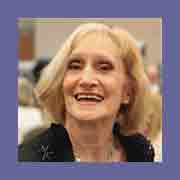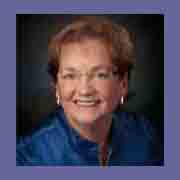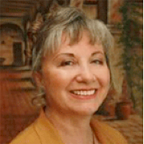
I have sometimes considered Ecclesiastes 12:9-14 to be “a manifesto for Christian writers.” Verses 9-11 (from the New International Version) describe what a writer should do:
• “The Teacher [was] wise.” This is the first qualification of a writer. It might seem arrogant to claim wisdom, but experience, education, and training should teach us something (which is why I have been skeptical about the wisdom of 20-year-olds writing novels).
• “He also imparted knowledge to the people.” The point of having wisdom is to pass it on. God gives us gifts with the idea that they will be used. Gifts and callings are responsibilities more than they are privileges.
• “He pondered and searched out and set in order many proverbs.” The essential skills for writers are thinking, research, and careful writing/editing. When I have been asked how long it takes to write a book, I have sometimes said I can write a book in a month, provided I have spent two years thinking about it first (on top of having several decades of living experience). Research and fact checking are hard work but necessary.
• “The Teacher searched to find just the right words.” Writing, as well as polishing and editing what we have written, is hard work.
• “What he wrote was upright and true.” This is crucial. A writer should have an absolute commitment to truth. Writers should write what they are confident is true, not what they wish was true or hope is true. This is where research comes in again and also thinking and pondering—writers should always ponder what they have written, to make sure it passes the truth test. Writers should also write what is “upright”—they should write what builds up, what encourages righteousness (rather than what encourages sin).
• “The words of the wise are like goads, their collected sayings like firmly embedded nails.” A goad is a long stick with a sharp point or an embedded nail at the end of it. Its purpose was to drive cattle or to direct oxen, donkeys, camels, and other such beasts pulling loads. Its purpose was to keep them going straight in spite of distractions or to guide them in a new direction. Writing should not just pass on knowledge but teach people how to live, to give them wisdom, to guide them, and to get them moving in the right direction.
• “Given by one shepherd.” A writer should not undertake his/her work alone. Writers should recognize that all knowledge and wisdom come from God, and they should write what is in keeping with God’s truth. They should pray for guidance, wisdom, knowledge, and words from God.
However, these encouraging verses are followed by two warnings, one from the human perspective and one from the divine:
Verse 12 says: “Be warned, my son, of anything in addition to them. Of making many books there is no end, and much study wearies the body.” The first part of this verse warns against books that stray away from what is “upright and true.” The second part of the verse talks about the hard labor that is involved, and also about the inadequacy of human writing. The apostle John concluded his Gospel with these words: “Jesus did many other things as well. If every one of them were written down, I suppose that even the whole world would not have room for the books that would be written” (John 21:25). In spite of all the work that goes into writing books, human beings will never be able to write down all of the knowledge about God and His incredibly complex creation. This is in keeping with the Teacher’s repeated message in Ecclesiastes about the inadequacy and impermanence of all human endeavors.
Verses 13-14 offer a fitting conclusion to the manifesto and to the book of Ecclesiastes. They are a good summary of how human life should be lived. And they repeat a message the Teacher (the writer of Ecclesiastes) has given several times before in the book: “Now all has been heard; here is the conclusion of the matter: Fear God and keep his commandments, for this is the duty of all mankind. For God will bring every deed into judgment, including every hidden thing, whether it is good or evil.”






























































